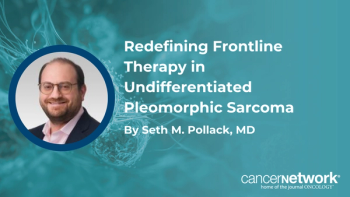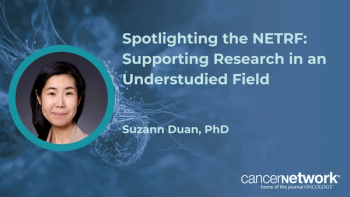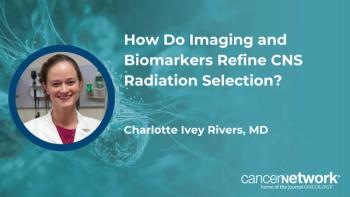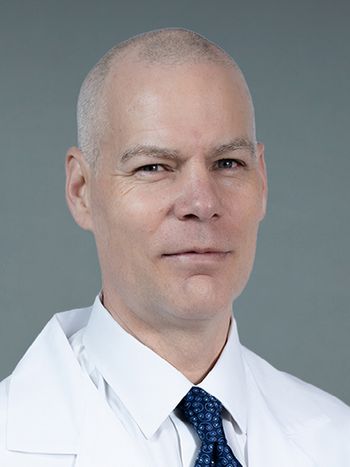
Oncology NEWS International
- Oncology NEWS International Vol 4 No 8
- Volume 4
- Issue 8
Cancer Institute of NJ Adds to its Staff
NEW BRUNSWICK, NJ--Last month, The Cancer Institute of New Jersey welcomed Joseph Aisner, MD, as its new associate director of clinical science, and added four new physician/scientists to its staff.
NEW BRUNSWICK, NJ--Last month, The Cancer Institute of New Jerseywelcomed Joseph Aisner, MD, as its new associate director of clinicalscience, and added four new physician/scientists to its staff.
Dr. Aisner will also serve as chief of the Division of MedicalOncology and professor of medicine and environment and communitymedicine. He was recruited from the University of Maryland wherehe was chief of medical oncology and director of the Cancer Center.
Joseph Germino, MD, and Eric H. Rubin, MD, have joined the Instituteas assistant professors of medicine. Dr. Germino comes from YaleUniversity School of Medicine and Dr. Rubin from Dana-Farber andHarvard Medical School.
James Stephen Goydos, MD, of the University of Pittsburgh, isa new instructor of surgery, and Thomas Joseph Kearney, MD, ofthe University of Chicago, is assistant professor of surgery.
Established in 1990, The Cancer Institute of New Jersey is a partnershipof four New Jersey hospitals and medical centers, the Universityof Medicine and Dentistry of New Jersey (UMDNJ), and the UMDNJ-RobertWood Johnson Medical School.
Articles in this issue
over 30 years ago
CA 125 Predicts Response to Chemo in Ovarian Caover 30 years ago
Biochemical Modulation Promising in RT-Resistant GI Cancerover 30 years ago
A Century of Breast Cancer Litigation Is 'Deconstructed'over 30 years ago
New Depot Formulation of LHRH Analogue Allows 12-Week Dosingover 30 years ago
NSABP Investigation Threatens Academic Freedom for All: Fisherover 30 years ago
Cancer Fax Directory in 3rd Editionover 30 years ago
HIV-Related Malignancies Increasing, Physicians Tell Panelover 30 years ago
Breast Cancer Risk Factors Remain Elusive Targetover 30 years ago
Conference Celebrates 100 Years of RadiologyNewsletter
Stay up to date on recent advances in the multidisciplinary approach to cancer.












































